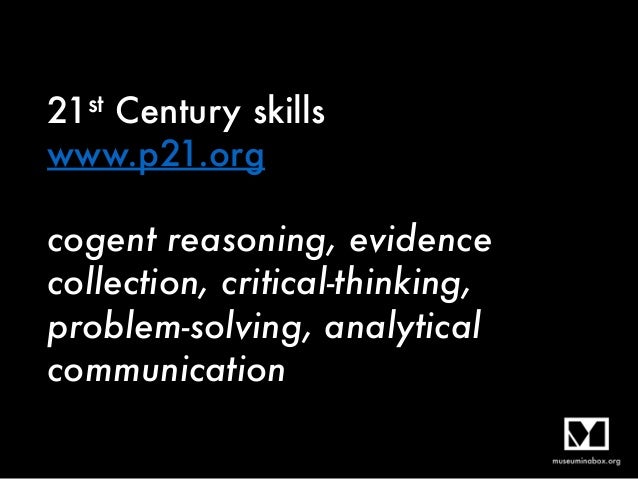Docenten, Leerkrachten en educatief medewerkers uit de Leidse Musea en culturele instellingen zijn VAKOVERSTIJGEND bezig met werkvormen in de musea, zoals Debat, Cobat, Objectwijs.
Online Objectwijs geeft workshops voor docenten en leerlingen PO en VO in 2020 en 2021.
Workshops voor docenten
Doel is de brug tussen vakken en tussen musea en onderwijs te bouwen door technology, visuele geletterdheid en samenwerkend en kritisch denken en spreken verder te ontwikkelen in een doorlopende leerlijn cultureel erfgoed.
Zie: https://www.makersvanmorgen.net/online-objectwijs.
Samen met Objectwijs zijn leerlingen en docenten in Leiden bezig in co-design in musea, de stad en het klaslokaal met vakoverstijgend Object-Learning.
Een Interactive Technological Classroom is een leeromgeving die tot de verbeelding spreekt en nieuwsgierigheid uitlokt. Een omgeving die leerlingen stimuleert tot actief leren en hun talent/competenties verder te ontwikkelen. Binnen deze omgeving zijn inspirerende mobiele elementen nodig die de ITC en de andere klaslokalen met elkaar verbindt (kennis, onderzoek en ontdekken samenbrengt). Objecten vormen deze verbindende elementen. Museum Debat experimenteert met: musea brengen op de bakfiets het object de klas in.
Before you continue reading, please note © notices down the page.
Inspiring Learning for All (2004)

Museums are perfectly placed to cater for different learning styles, in practical and meaningful ways. There are very often opportunities to listen, to explore through a range of media and to move freely between different types of learning experiences in today’s museums. The range of styles of interpretation offered by the sector gives teachers and e-learners a range of ways of accessing collections and subjects.
For instance, a child who learns best in an interpersonal way relates to the world through an understanding of other people and a sensitivity to their feelings and motivations. This type of learner would respond well to an exhibition or display that relates ideas and factual knowledge to an identifiable person, a person they can respond to on a personal level.
Museums are also the nation’s treasure houses. And that is the very topic that is central to our debates: how did we develop as nations? With which perspectives can we look at our local and national collections? Will a visitor from Great Britain see the same as a Dutch visitor? And how about a visitor from Sri Lanka, South-Africa, Japan? We teach students to ask questions from the perspective of an inclusive world citizenship, and to question our own perspectives by sharing our views and listen to the Unknown Other.

Harnessing the power of original, real things, that’s what learning in museums is all about… Osborne (2004)
Objects, or material things, are central to the museum experience. They can be a powerful teaching tool, giving children meaningful and lasting memories of their museum visit or of a classroom-based lesson using objects.

The foundation of your being able to use objects as a teacher is your learning how to use them yourself for your own continuing self-education (John Hennigar Shuh – Teaching yourself to teach with objects, Journal of Education 7 (4) (1982): 8-15).
Copyright © 2016 Enhancing pupil learning on museum visits, The Open University
To learn more: also please look at https://player.slideplayer.com/35/10507510/#
© RCMG Jocelyn Dodd